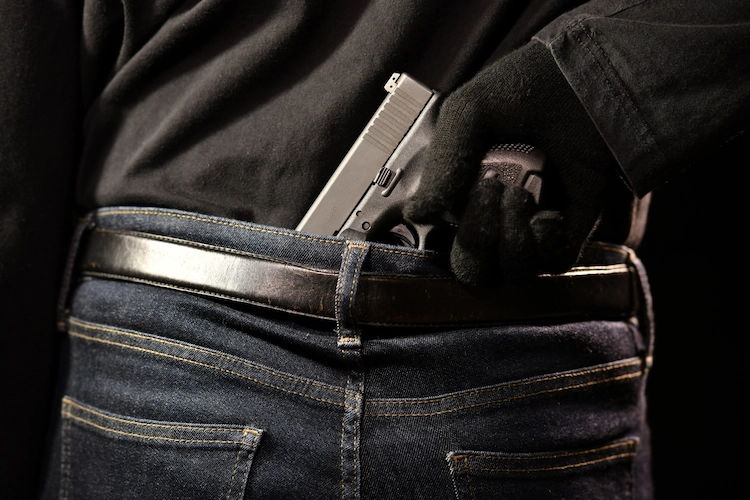NJ Supreme Court Clarifies Parole Disqualifier Under Graves Act

In State v. Zaire J. Cromedy (A-17-24/089188) (Decided August 5, 2025), Justice Michael Noriega writing for a unanimous Supreme Court of New Jersey clarified what constitutes a mandatory parole disqualifier under the Graves Act, which prescribes a minimum term of incarceration for certain firearm-related offenses. According to the Court, a conviction under N.J.S.A. 2C:39-5(j), a subsection of the unlawful weapons possession statute, falls outside the scope of the Graves Act because
Facts of the Case
In August 2021, police arrested defendant Zaire J. Cromedy on an outstanding warrant for a robbery charge. During his arrest, police located a handgun believed to belong to defendant, and he was charged accordingly. Defendant pled guilty to first-degree unlawful possession of a weapon pursuant to N.J.S.A. 2C:39-5(b)(1) and to N.J.S.A. 2C:39-5(j), which is a first-degree crime when a person with a prior conviction subject to the No Early Release Act (NERA) commits an unlawful possession of a weapon offense under N.J.S.A. 2C:39-5(a), (b), (c), or (f).
Defense counsel argued that subsection (j) should not carry a mandatory period of parole ineligibility because the crime is not among the offenses that the Graves Act expressly enumerates. In response, the State contended that subsection (j) is a grading statute that incorporates the language of subsection (b), an offense that the Graves Act expressly includes, and urged the court to read the two subsections in tandem. The sentencing judge rejected defendant’s argument and imposed a Graves Act parole disqualifier. The Appellate Division affirmed, reasoning that subsection (j) is merely “a grading statute” that enhances the degree of the conviction for subsection (b) and thereby permits a sentencing judge to impose a first-degree penalty subject to the Graves Act.
NJ Supreme Court’s Decision
The New Jersey Supreme Court reversed and remanded the case for resentencing.
“Our task in interpreting unambiguous statutes is to apply their plain language in a manner that advances the Legislature’s intent,” Justice Michael Noriega wrote on behalf of the Court. “Applying that principle here, we conclude that N.J.S.A. 2C:39-5(j) falls outside the scope of the Graves Act. It sets forth a distinct substantive offense that must be charged independently, even though it is cognizable only when paired with a corresponding prior offense under N.J.S.A. 2C:39-5(a), (b), (c), or (f).”
The New Jersey Supreme Court’s decision relied largely on the plain language of N.J.S.A. 2C:39-5(j). As Justice Noriega noted in his opinion, the New Jersey Legislature simultaneously amended the unlawful possession of weapons statute and the Graves Act in 2013. While it added subsection (j) to N.J.S.A. 2C:39-5 and added N.J.S.A. 2C:39-5(f) to the Graves Act, it did not add subsection (j) to the list of offenses subject to, or expressly exempt from, the Graves Act.
“[I]f the Legislature had intended for subsection (j) to trigger the Graves Act’s mandatory minimums and parole ineligibility periods, it could have included that provision expressly in N.J.S.A. 2C:43-6(c), as it did with other subsections,” Justice Noriega explained. “That it did not do so -- especially when simultaneously amending the statutes to create subsection (j) and broadening the reach of the Graves Act — is a legislative choice, and not one the courts are free to override under the guise of avoiding an allegedly undesirable or unexpected outcome.”
Accordingly, the New Jersey Supreme Court rejected the Appellate Division's interpretation of subsection (j) as a grading statute. Instead, the Court held that it was a distinct substantive offense. The Court further advised that trial courts must conduct a bifurcated trial, severing proceedings for subsection (j) from prior proceedings for the possessory charge.








